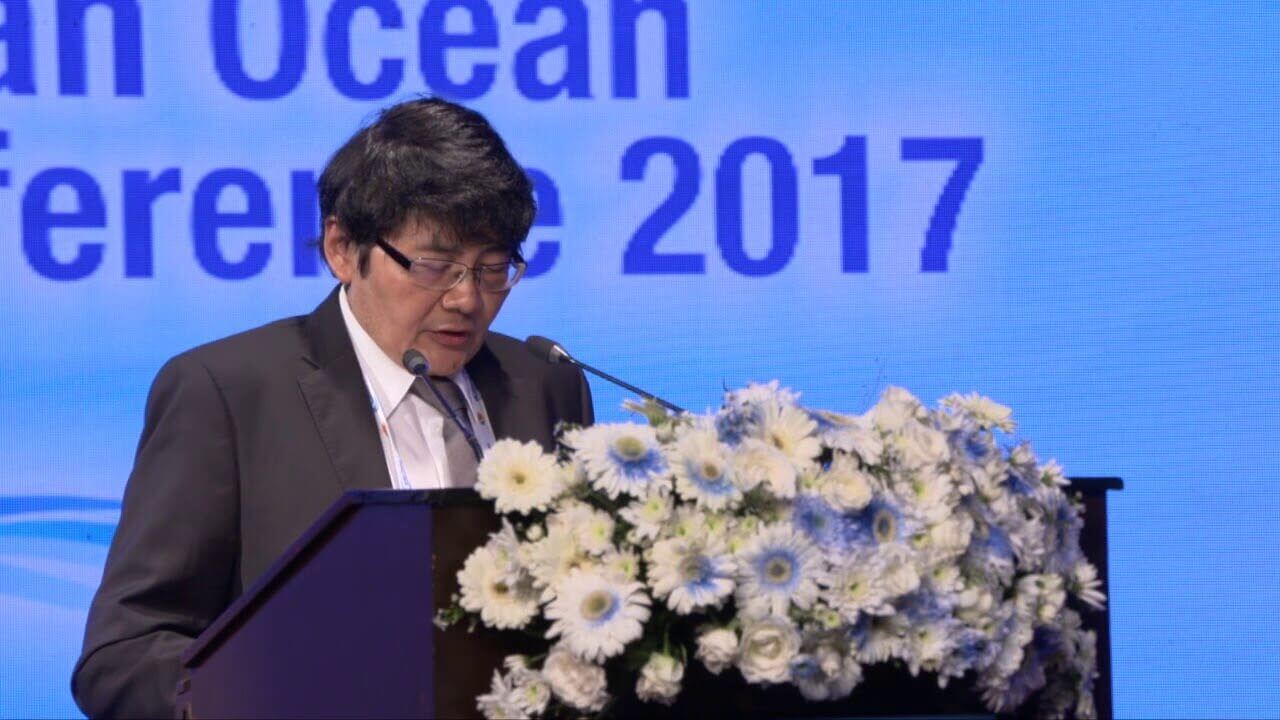Indonesia has called on Australia to safeguard Non-Proliferation Treaty (NPT) and International Atomic Energy Agency (IAEA) regulations while pursuing the nuclear-powered submarine deal with the US and UK.
Indonesia’s Statement
In a statement on Tuesday, the Indonesian government’s Ministry of Foreign Affairs said that it has been “closely following” the AUKUS security partnership, “particularly the announcement on the pathway to achieve AUKUS critical capability.”
Stressing that it is the critical responsibility of all countries to maintain peace and stability in the region, it called on Australia to “remain consistent in fulfilling its obligations under the NPT and IAEA safeguards” and “develop with the IAEA a verification mechanism that is effective, transparent and non-discriminatory.”
Maintaining peace and stability in the region is the responsibility of all countries. It is critical for all countries to be a part of this effort.
— MoFA Indonesia (@Kemlu_RI) March 14, 2023
Past Concerns
In an interview with Guardian Australia towards the end of last year, Indonesian ambassador to Australia Siswo Pramono said that Indonesia was “concerned” because it is “the largest archipelago in the world” and home to several strategic naval choke points.
“The concern is about the hypersonic arms race, because it’s clearly in the program — [AUKUS is] talking about hypersonic weapons,” he said. The diplomat added that the lack of regulation of such weapons could be a destabilising factor and hamper regional “economic progress because it’s very expensive.”
However, Pramono had clarified that the two countries were “not in quarrel” and were maintaining close communication on the matter. “The point is that please have more dialogue to prevent the very expensive hypersonics arms race in the region,” the diplomat had urged.
Indonesia expects Australia to remain consistent in fulfilling its obligations under the NPT and IAEA Safeguards, as well as to develop with the IAEA a verification mechanism that is effective, transparent and non - discriminatory
— MoFA Indonesia (@Kemlu_RI) March 14, 2023
Chinese Response
The AUKUS deal, which is largely viewed as a Western counter to Chinese influence in the Indo-Pacific, was met with dissatisfaction from China. Chinese Foreign Ministry Spokesperson Wang Wenbin criticised the deal on Tuesday, saying that it reflected “a typical Cold War mentality.”
He added that the three countries, “for their own geopolitical interests, have totally disregarded the concerns of the international community and gone further down the wrong and dangerous path.”
Highlighting that Asia-Pacific is “the most dynamic and fastest growing region in the world,” Wang urged AUKUS members to “heed the call of the international community and regional countries...and refrain from doing anything that undermines regional and world peace and stability.”

